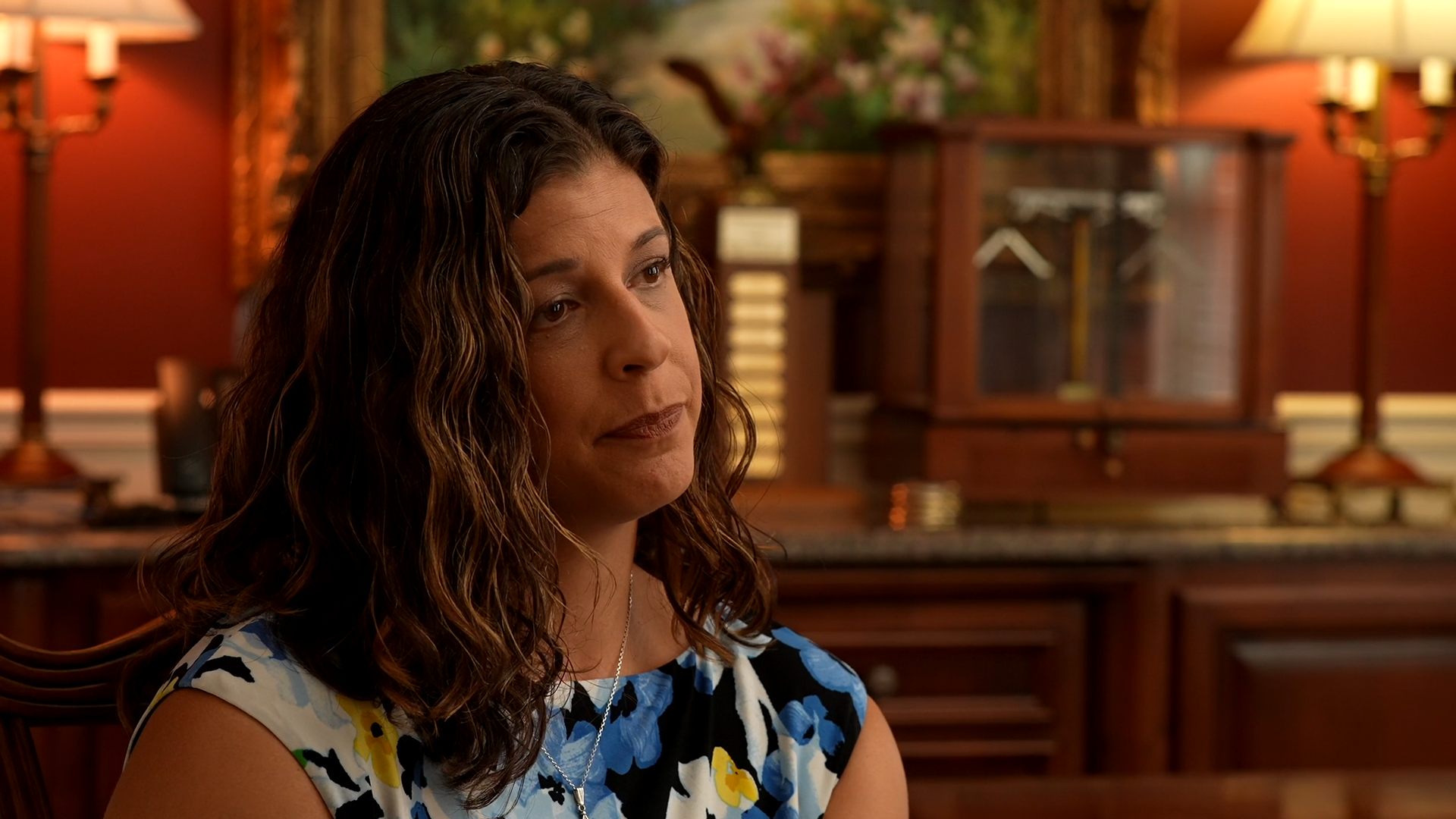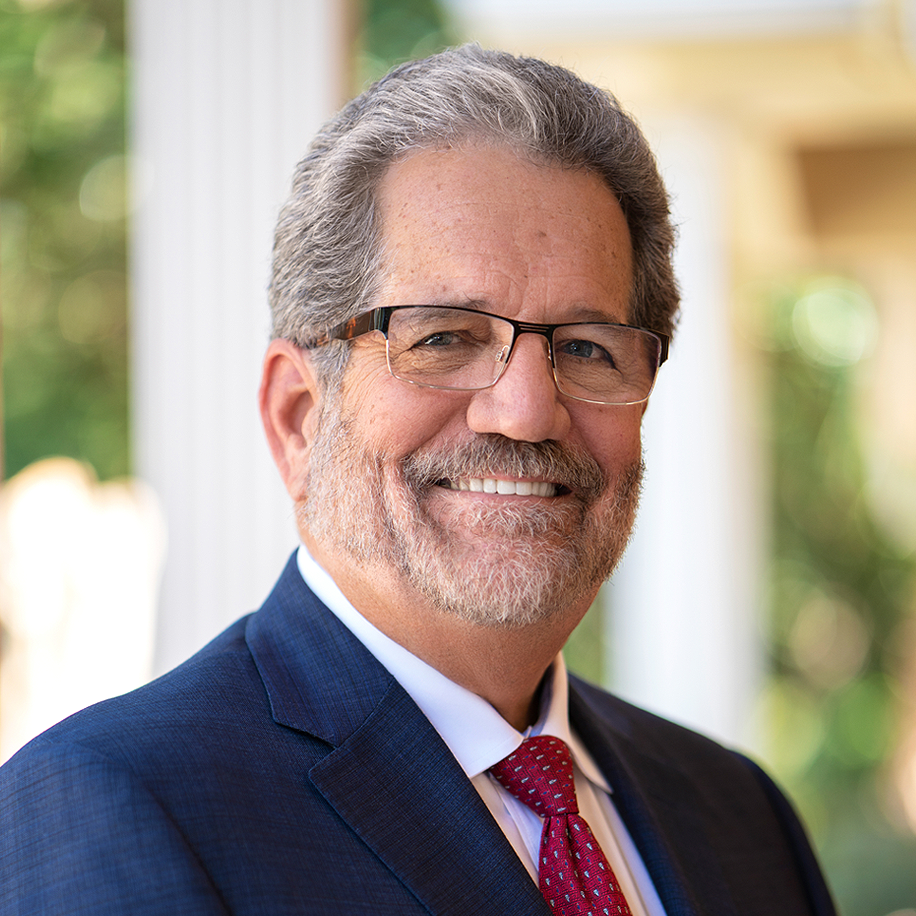Florida Personal Injury Lawyers
Here For You When There is
Too Much
With Anyone Else
Brooks, LeBoeuf, Foster, Gwartney, & Hobbs P.A. went above and beyond for me and assisted in settling my case. I’m thankful for their kindness, honesty, integrity and professionalism. I’m grateful for their hard work and professionalism. I highly recommend Brooks, LeBoeuf, Foster, Gwartney, & Hobbs P.A. to anyone who has been injured in an accident and is seeking compensation for their injuries or loss.
Donna R.
I have used Brooks, LeBoeuf, Foster, Gwartney, & Hobbs P.A. twice and in both instances I could not have been happier with the way my situations were handled. I was kept in the loop every step of the way and because of the outcomes I was able to get my life back on track without much hassle. I know that I would not have been able to do that if I received less than phenomenal care from the firm. I would hands down recommend the firm.
Robert G.
Injured? Our Firm Can Help.
Do You need Legal Counsel Now?
Call our firm at: 850-605-3555 or fill out our form and an attorney will reach out within 24-48 hours.
There’s Too Much at Stake to Trust Your Injury Claim to Anyone But Brooks, LeBoeuf, Foster, Gwartney, & Hobbs P.A.
When you’ve been injured by someone else’s negligent actions, your future depends on getting every dollar of compensation you’re entitled to. The outcome of your case may affect your quality of life, whether you’re able to provide for your family financially, and even whether you can afford the medical treatment you need to make the best possible recovery from your injuries. There’s just too much at stake to risk getting less compensation than you deserve.
That’s why you need the Florida personal injury lawyers at Brooks, LeBoeuf, Foster, Gwartney, & Hobbs P.A. handling your claim for you.
Types of Cases Brooks, LeBoeuf, Foster, Gwartney, & Hobbs P.A. Can Handle for You
You can count on our Florida personal injury lawyers to assist you with all types of personal injury or wrongful death matters that result from the negligence of an individual, a business, or a government entity, including:
- Car accidents: When auto accidents take place, our Florida personal injury lawyers can pursue the full benefits you’re entitled to under Florida law.
- Trucking accidents: You don’t have to face the far-reaching effects of a truck accident alone. Our attorneys are here to help.
- Premises liability accidents: We assist clients injured in all types of accidents arising out of safety hazards on properties, including slip and fall accidents, dog bites, swimming pool accidents, and accidents resulting from negligent security.
- Product liability claims: Our Florida personal injury lawyers hold companies accountable when dangerously designed or defectively manufactured products cause significant injuries.
- Medical malpractice: If you or a loved one was harmed at the hands of a negligent medical professional, we’re prepared to fight for you.
- Nursing home injuries: Let us help you advocate for a loved one who sustained injuries due to neglect or abuse while living in a long-term care facility.
- Work accidents: We assist employees injured on the job in getting compensation for harm that results from construction accidents, auto accidents, and other types of injuries.
- Employment discrimination: Our legal team has the experience and resources to handle a wide array of employment law matters.
- Sexual harassment: Everyone deserves to feel safe and respected in the workplace. Allow our team to serve you when these rights are violated.
Turn to our Florida personal injury lawyers for skilled assistance with a variety of legal issues. We’re here to get you results.
Your Choice of Attorney Matters
There’s way too much at stake to choose your attorney based on a television commercial or a billboard. Your selection of legal representation needs to take into account what really matters, like experience, results, and a constant commitment to making your case a success.
Join the numerous lawyers, judges, doctors, and claims adjusters who have made the wise choice to hire Brooks, LeBoeuf, Foster, Gwartney, & Hobbs P.A. as their Florida personal injury lawyers.
Your choice of attorney has a direct impact on the amount of compensation you receive through a personal injury case. If you trust just any law firm with your claim, your payout may not be enough to ever make you whole. The Florida personal injury lawyers at Brooks, LeBoeuf, Foster, Gwartney, & Hobbs P.A. have devoted their careers to getting clients the compensation they deserve.
Why Choose Brooks, LeBoeuf, Foster, Gwartney, & Hobbs P.A. as Your Florida Personal Injury Lawyers?
What Makes Our Firm DIfferent Than Other Law Firms?
Our Legal Services

Personal Injury
Experienced Florida personal injury lawyers can help you exercise your legal rights and recover financial compensation for all of the ways your injuries have affected your life.

Car Accidents
Any car accident can result in serious injuries so it's essential to have committed legal representation from experienced attorneys on your side.

Trucking Accidents
You don't need to navigate the aftermath of a truck accident by yourself. Our team of attorneys offers skilled and thorough legal assistance for truck accident victims.

Catastrophic Injuries
Catastrophic injuries can affect your life in numerous, debilitating ways. Our team of seasoned attorneys is here to support you and your family.

Medical Malpractice
If you have suffered serious harm following a medical procedure and believe that malpractice may be to blame, our team is here to protect your legal rights.

Nursing Home Abuse
Nursing home negligence is extremely harmful and your loved ones deserve strong, compassionate support to get through this ordeal and hold the nursing home accountable.
When There is Too Much at Stake,
We Will Advocate For You.

$5.8
Million
Medical Malpractice
Settlement against a hospital for the wrongful death of a client's mother.$2.2
Million
Nursing Home Abuse
Confidential settlement against an assisted living facility.$2.0
Million
Motor Vehicle Accident
Settlement for a client who sustained injuries from a car accident.$1.0
Million
Tractor Trailer Accident
Policy limits settlement in a tractor trailer accident.Meet The Team
Real Clients. Real Stories.
At Brooks, LeBeouf, Foster & Gwartney we recognize that you're not simply a case number. Your injuries, experiences, and stories are important to us. We are committed to advocating for your rights and ensuring that your voice is heard every step of the way.


"This law firm worked with me to get justice for my husband - for Chris - and they helped guide me through one of the most tragic experiences I’ve ever had in my life. From the moment I walked in the door, I was welcomed by reception, I was made to feel cared for - immediately. They absolutely were a voice in my absolute time of need - my tragedy was theirs."








